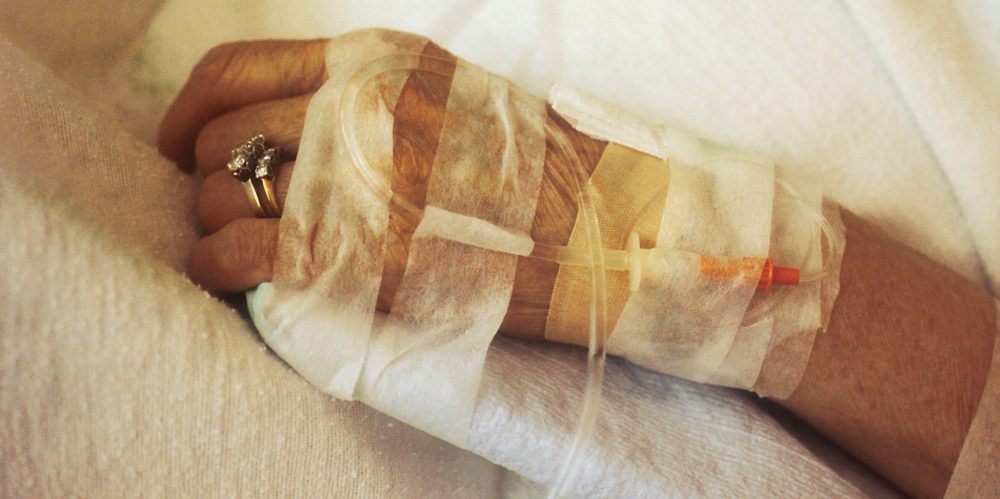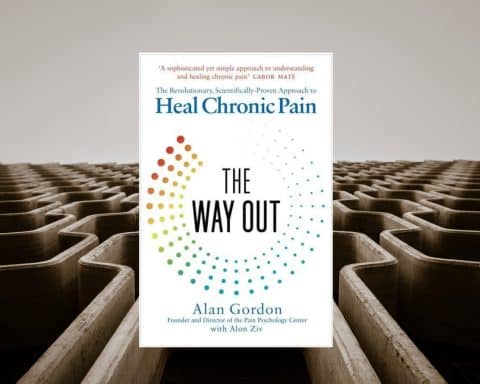 Peter Aird is a GP in Bridgwater, Somerset.
Peter Aird is a GP in Bridgwater, Somerset.
‘Grey hair is a crown of glory’
Proverbs 16:31
Acouple of weeks ago, as many others reading this will also have done, I spent the day at a local Covid Vaccination Centre, jabbing octogenarians, not to mention one or two even older folk, with the Pfizer vaccine. And, after getting over my initial trepidation of adding 1.8 mls of saline to a glass vial, not something that would generally bring me out in a cold sweat, what a genuinely enjoyable day it was. In large measure, the pleasure I experienced came from working alongside lovely people, many of whom I’d never met before, to deliver something that, please let this be true, will make a real difference in the ongoing fight against the coronavirus.
But every bit as enjoyable was meeting the warm hearted, good humoured and affable elderly folk who were being vaccinated. As I merrily stuck needles into their arms I was struck how, since it was they that we were vaccinating first on account of their greater vulnerability, it is in large measure similar folk to them who are being represented in numerical terms when day after each depressing day the number of deaths from coronavirus are announced.
It has frequently been remarked that there are three kinds of lies: lies, damned lies, and statistics. Mark Twain wrote of how statistics can beguile us into thinking things we shouldn’t and this is most certainly the case with regard to the figures we are currently being presented with daily. I am not referring here to whether or not the figures are an accurate reflection of the true number of coronavirus deaths, rather I am thinking of how they lie to us by distancing us from the personal tragedy behind the numbers, numbing us to the sadness associated with each of the deaths as they are marked down by another stroke of a statisticians pen.
Mark Twain wrote of how statistics can beguile us into thinking things we shouldn’t.
Because however statistically significant it may be, it is all too easy to lose sight of personal significance.
For example, I wonder how many of us would find ourselves rejoicing next week if there were ‘only’ 500 deaths each day. Whilst we might understandably be pleased that the numbers were falling, might we also find ourselves forgetting how such a number would still represent considerable heart break and pain to those affected. And how many of us have guiltily allowed ourselves to be comforted by considering how a large percentage of those who die from Covid-19 are the frail and elderly who, we may be tempted to tell ourselves, are ‘dying anyway’. Sadly, of course, there may perhaps be some truth in this but we have unquestionably believed a lie if we take that to mean that it therefore doesn’t matter. Last Saturday, for me at least, was a reminder that thinking in such a way is to forget that the lives of the elderly that are being lost are the lives of warm hearted, good natured and affable folk like those I was vaccinating that day.
People aren’t statistics. Each individual who has succumbed to the coronavirus is more than merely one more of the now over one hundred thousand who have thus far had to be counted. On the contrary, to those who loved them, they are those who were considered as one in a million.
People aren’t statistics ….. to those who loved them, they are …. one in a million.
This is not to dismiss as comparatively inconsequential the very real sacrifices being made by the younger generation in the battle against Covid-19, nor is it a call to pursue a particular course of action in the naive belief that every elderly life can be saved. Rather it is to acknowledge that behind the dispassionate statistics there are real people, in real pain, experiencing real grief and that, although, sadly, the deaths of many may be unavoidable, it is, nonetheless, not OK.
As the great vaccination effort continues, let us never become immune to the sadness surrounding those for whom it came too late, let us always stay susceptible to the reality of grief.
And so may we mourn the loss of the frail elderly every bit as much as we do those who die early in their lives. Because to believe that the death of somebody who is old or clinically extremely vulnerable is one that should somehow be wept over less than that of someone who is young and fit is to value the strong over the weak and opens the door to a world where the aged and infirm can be forgotten and discarded.
And that’s not a world in which any of us want to grow old.
Featured photo by National Cancer Institute on Unsplash






